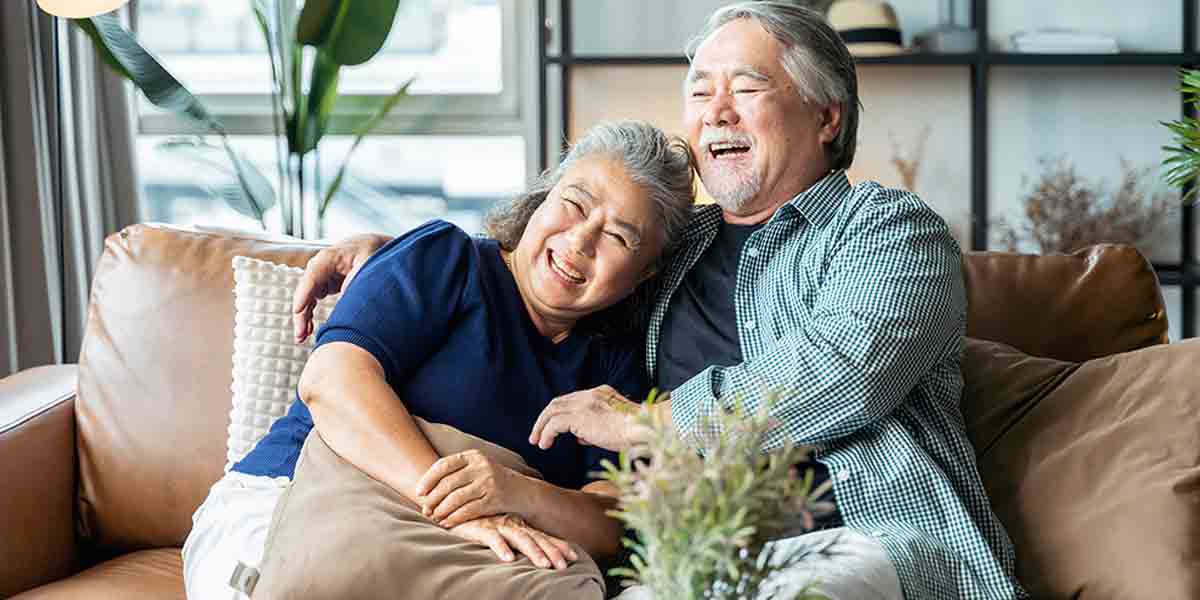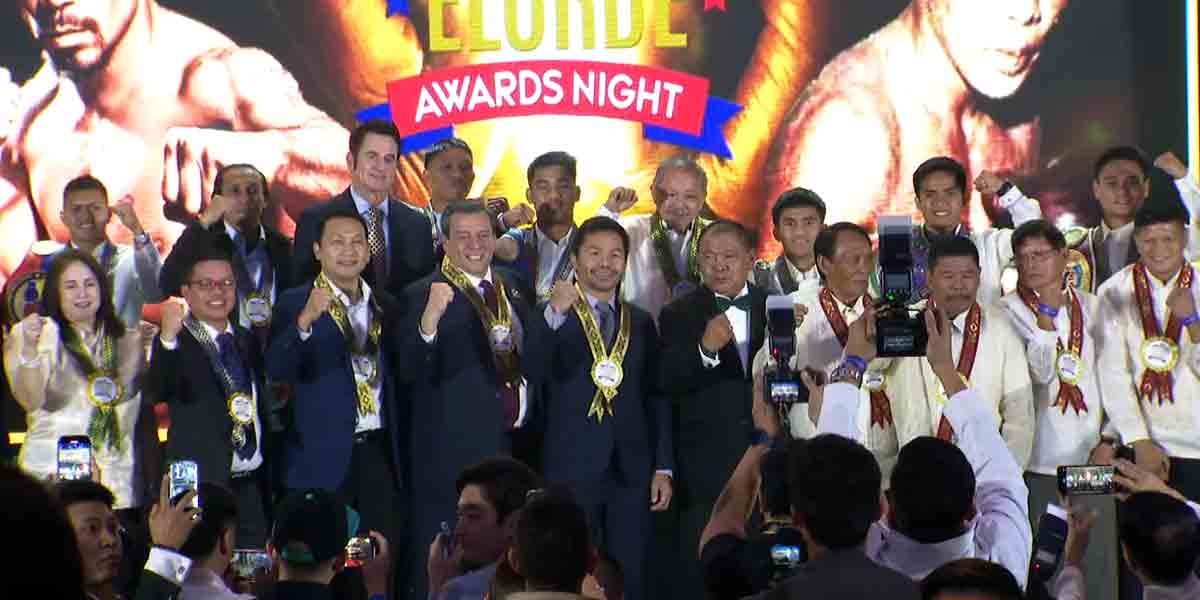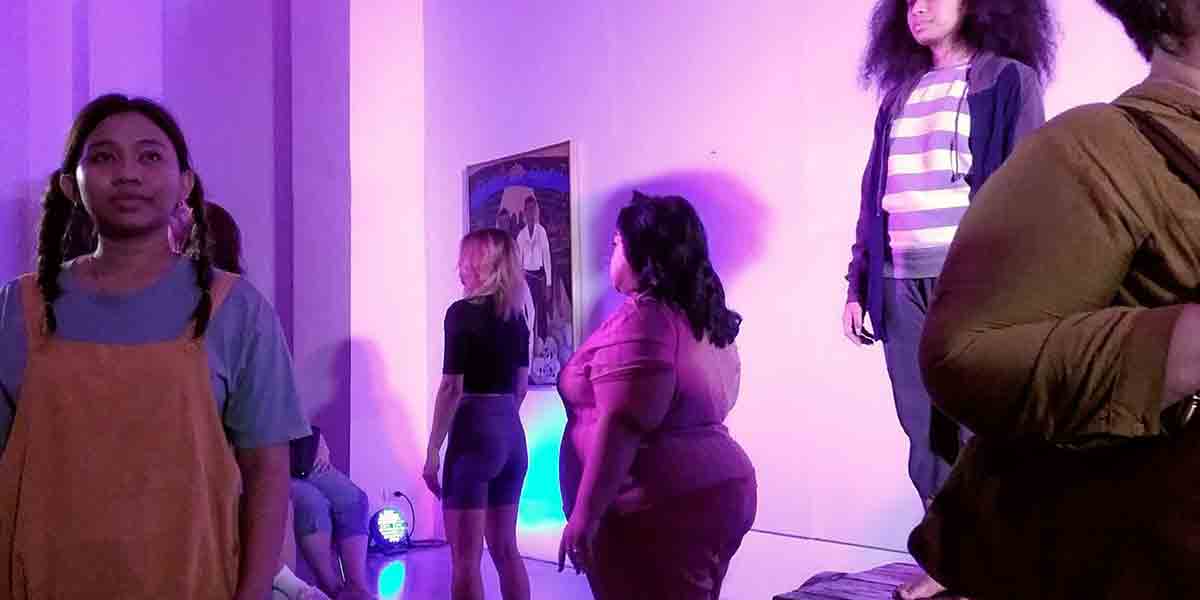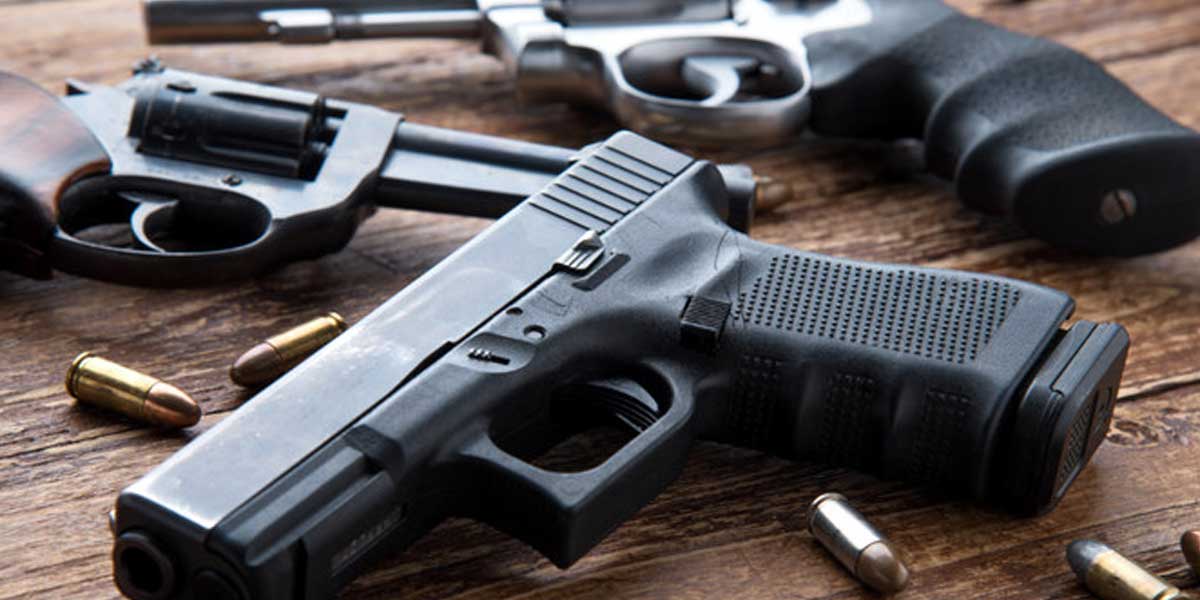 By Modesto P. Sa-onoy
By Modesto P. Sa-onoy
Through the centuries of the Christian era the Church had followed the example of its Founder, Jesus Christ, in speaking the truth and defending the weak and the oppressed. The members, from the highest leader, the Pope, to the ordinary member of the Church, had suffered including death of the most heinous ways. But she persisted and the blood of her martyrs became the food and drink of the Church and thus prevailed over the powers of hell.
The persecutors are gone, their empire crumbled into dust but the Church did not only remain but survived stronger and bigger. There were moments of weakness and of collaboration with human power but like their allies, they also fall like ten pins in a bowling alley.
The history of the Church shows that it is in her moment of persecution that she is stronger because the heavenly powers are with her. As her founder, Jesus Christ promised the Church, “Fear not, I will be with you”.
Christian teachings often ran counter to the ends of human power and so even today when the dissenting voices of the Church and of the citizenry are strong, they remained unheeded because the truth expressed by the Church stand as an obstacle to the intentions of the earthly power, no matter how well-intentioned but go against the Divine Will.
A major concern of the Church leaders is the passage of the anti-Terrorism law but the government refused to listen and in fact, some Church leaders were threatened.
“None of the serious concerns that they expressed about this legislative measure seemed to be of any consequence to them. Alas, the political pressure from above seemed to weigh more heavily on our legislators than the voices from below,” read the pastoral of Caloocan Bishop Pablo Virgilio David, CBCP acting president.
Presidential spokesman Salvador Panelo said the CBCP expressly supports the petitions questioning the law, effectively exerting “religious influence” or pressure on the Supreme Court to decide against the measure. The CBCP letter also “parrots” the “favored false narrative” of the detractors of the Anti-Terrorism Law that it is violative of the Constitution, he added. Panelo’s below-the-belt reaction suggests that the Church does not have a stand on its own, that the church leaders are bereft of the foundation of their arguments but only mimic the dissenting political forces in the country.
Presidential spokesman Harry Roque, however, noted that the separation of Church and State pertains to non-establishment, which means that the State cannot favor one religion over the other, and free exercise of one’s beliefs.
He said “separation refers to two things, non-establishment, which means that the state cannot give favors to one religion, and free exercise, which is the freedom to believe,” adding, “those are guaranteed by our Constitution.”
Panelo even went to the extent of floating a novel interpretations of the law, like arguing that the COVID-19 pandemic is a kind of invasion that justifies the declaration of martial law.
The Department of Justice filed cases of sedition against Archbishop Socrates Villegas of Lingayen-Dagupan and other clergymen for protesting the actions of the government. The DoJ will start on August 9 its preliminary investigation into the churchmen and opposition figures over police charges.
They were charged with sedition and cyber libel for allegedly “orchestrating a series of online videos alleging that President Duterte and his family members were involved in the illegal drugs trade.”
Auxiliary Bishop Fidelis Layog of Lingayen-Dagupan urged the faithful to stand for truth, justice and human rights amidst “persecution”. He said that protecting justice and peace is a Christian obligation. Indeed, that had always been the role of the Church for millennia and for which the clergy had been persecuted as it is now.
“We are doing this not only for you but also for others who are maligned and persecuted, whose human rights are crushed to the ground. No one should take away the truth of our human rights. Let us stand for the truth, let us protect justice, let us stand for our human rights,” he said.
Others who were charged are Bishop Honesto Ongtioco of Cubao, Bishop Pablo Virgilio David of Kalookan, retired prelate Teodoro Bacani Jr., Divine Word priest Flaviano Villanueva, Jesuit priest Albert Alejo, Father Robert Reyes, and La Salle Brother Armin Luistro.
They are the Church that speaks for us.

























